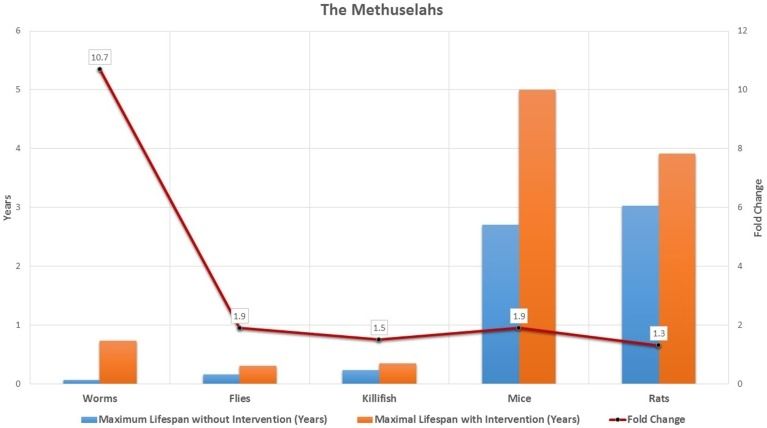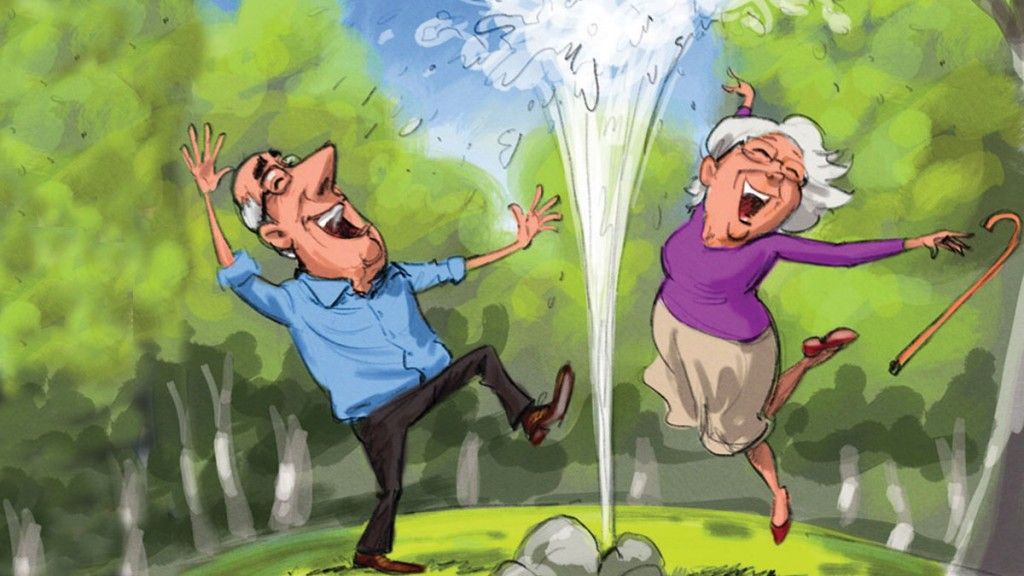Page 11174
Oct 5, 2016
Lifespan.io / Life Extension Advocacy Foundation
Posted by Steve Hill in category: life extension
Oct 5, 2016
It is time to classify biological aging as a disease
Posted by Steve Hill in categories: biotech/medical, health, life extension, neuroscience
Classifying aging as a disease, the debate is hotting up as ICD11 at WHO draws near.
What is considered to be normal and what is considered to be diseased is strongly influenced by historical context (Moody, 2001/2002). Matters once considered to be diseases are no longer classified as such. For example, when black slaves ran away from plantations they were labeled to suffer from drapetomania and medical treatment was used to try to “cure” them (Reznek, 1987). Similarly, masturbation was seen as a disease and treated with treatments such as cutting away the clitoris or cauterizing it (Reznek, 1987). Finally, homosexuality was considered a disease as recently as 1974 (Reznek, 1987). In addition to the social and cultural influence on disease definition, new scientific and medical discoveries lead to the revision of what is a disease and what is not (Butler, 2008). For example, fever was once seen as a disease in its own right but the realization that different underlying causes would lead to the appearance of fever changed its status from disease to symptom (Reznek, 1987). Conversely, several currently recognized diseases, such as osteoporosis, isolated systolic hypertension, and senile Alzheimer’s disease, were in the past ascribed to normal aging (Izaks and Westendorp, 2003; Gems, 2011). Osteoporosis was only officially recognized as a disease in 1994 by the World Health Organization (WHO, 1994).
Continue reading “It is time to classify biological aging as a disease” »
Oct 5, 2016
How we can profit from winning the battle against ageing
Posted by Steve Hill in categories: biotech/medical, health, life extension
How society can profit from treating age-related diseases.
We’re now living longer than ever – only to suffer from diseases of old age. New therapies promise a new lease of life for the elderly – and big profits for investors, says Matthew Partridge.
Over the past century, average life expectancy in most countries has grown substantially. Vastly lower infant mortality, improved living standards, better public sanitation, and the discovery of cures or vaccines for many once-deadly diseases, have seen average life expectancy in most developed nations rise to around 80, compared with 50 in 1900. Developing nations have benefited too. Life expectancy in China, for example, was just 43 in 1960 – it’s 75 today. Indeed, according to the World Health Organisation, no individual nation outside Africa now has a life expectancy of below 60, and even Africa has seen huge gains since 2000, helped by improved anti-malarial measures and wider availability of HIV/Aids treatments.
Continue reading “How we can profit from winning the battle against ageing” »
Oct 5, 2016
Tech billionaires are asking scientists for help breaking humans out of the computer simulation they think they might be trapped in
Posted by Andreas Matt in category: computing
Two tech billionaires might be working with scientists to try to break us out of what they believe is a computer simulation controlled by someone else.
Oct 5, 2016
This headband can give you lucid dreams every night! 💤
Posted by Dan Kummer in category: neuroscience
Oct 5, 2016
The UK military wants your ideas for how to build swarms of attack drones
Posted by Amnon H. Eden in categories: drones, military
Oct 5, 2016
Google $80 Daydream VR headset is soft and self-contained
Posted by Shailesh Prasad in category: virtual reality
Oct 5, 2016
Google’s Pixel phones make their debut
Posted by Shailesh Prasad in categories: mobile phones, virtual reality
The first ‘Made by Google’ phones are here, meet the Pixel.
It has Google Assistant built-in, the “best smartphone camera,” unlimited photo storage and is Daydream VR compatible. The price starts at $649.
Oct 5, 2016
Hacking Our Senses Will Transform How We Experience the World
Posted by Shailesh Prasad in category: neuroscience
For millennia the human experience has been governed by five senses, but advances in neuroscience and technology may soon give us a far broader perspective.
What counts as a sense in the first place is not clear cut. Sight, hearing, taste, smell, and touch make up the traditional five senses, but our sense of balance and the ability to track the movement of our own body (proprioception) are both key sensory inputs. While often lumped in with touch, our temperature and pain monitoring systems could potentially qualify as independent senses.
These senses are also not as concrete as we probably believe. Roughly 4.4% of the population experiences synesthesia — where the stimulation of one sense simultaneously produces sensations in another. This can result in people perceiving colors when they hear sounds or associating shapes with certain tastes, demonstrating the potential fluidity of our senses.
Continue reading “Hacking Our Senses Will Transform How We Experience the World” »
















